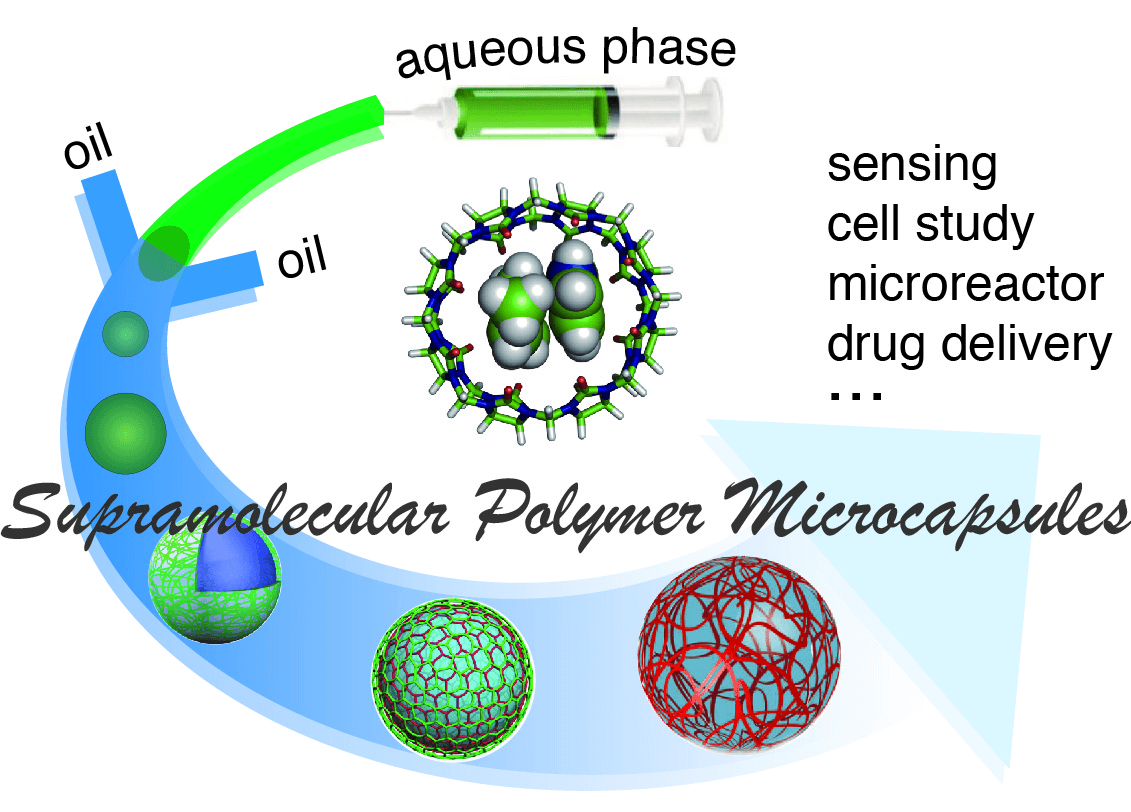
Soft Matter Engineering is a discipline that studies soft materials,integrating knowledge from chemistry,physics,materials science,and engineering to design and develop new types of controllable soft matter materials.
Soft materials refer to those materials that exhibit fluidity,deformability and controllability,such as liquid,gel,foam,liquid crystal,etc.Compared with traditional hard materials,soft materials have higher plasticity and variability,and typically exhibit special mechanical and optical properties at the macro scale.
The goal of soft material engineering is to understand and control the structure,properties,and functions of soft material materials to meet specific application needs.Researchers achieve programmable assembly,deformation,separation,and other functions of soft material materials by regulating factors such as molecular structure,surface properties,interface interactions,and processing methods.Soft matter engineering has a wide range of applications,including microfluidic technology,flexible electronics,biomedical engineering,energy storage and conversion,etc.
In the field of soft material engineering,researchers often use various methods such as experiments,simulations,and theories to explore the behavior and properties of materials.They can design and synthesize new types of soft material materials,and control the structure and properties of the materials by adjusting external conditions such as temperature,chemical reactions,and electric fields,thereby achieving practical applications with specific functions.
The development of soft matter engineering has promoted the emergence of many innovative technologies and products,such as intelligent lubrication materials,programmable nanoparticles,self-healing materials,etc.,which have had a positive impact on our lives and technological progress.

Soft Matter Engineering is a discipline that studies soft materials,integrating knowledge from chemistry,physics,materials science,and engineering to design and develop new types of controllable soft matter materials.
Soft materials refer to those materials that exhibit fluidity,deformability and controllability,such as liquid,gel,foam,liquid crystal,etc.Compared with traditional hard materials,soft materials have higher plasticity and variability,and typically exhibit special mechanical and optical properties at the macro scale.
The goal of soft material engineering is to understand and control the structure,properties,and functions of soft material materials to meet specific application needs.Researchers achieve programmable assembly,deformation,separation,and other functions of soft material materials by regulating factors such as molecular structure,surface properties,interface interactions,and processing methods.Soft matter engineering has a wide range of applications,including microfluidic technology,flexible electronics,biomedical engineering,energy storage and conversion,etc.
In the field of soft material engineering,researchers often use various methods such as experiments,simulations,and theories to explore the behavior and properties of materials.They can design and synthesize new types of soft material materials,and control the structure and properties of the materials by adjusting external conditions such as temperature,chemical reactions,and electric fields,thereby achieving practical applications with specific functions.
The development of soft matter engineering has promoted the emergence of many innovative technologies and products,such as intelligent lubrication materials,programmable nanoparticles,self-healing materials,etc.,which have had a positive impact on our lives and technological progress.